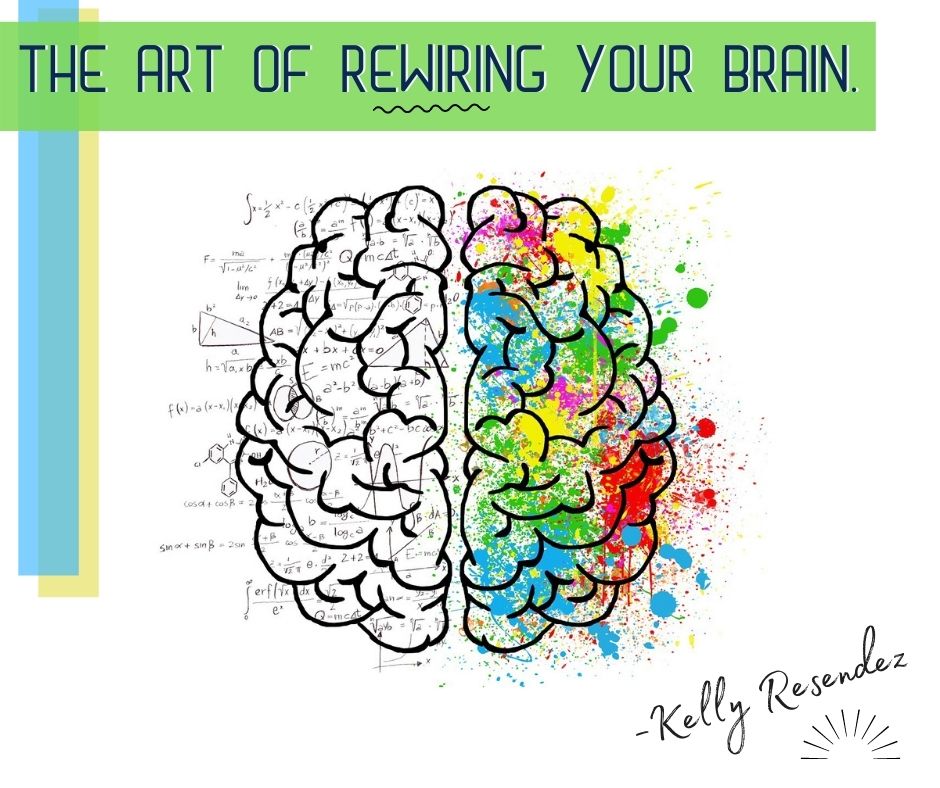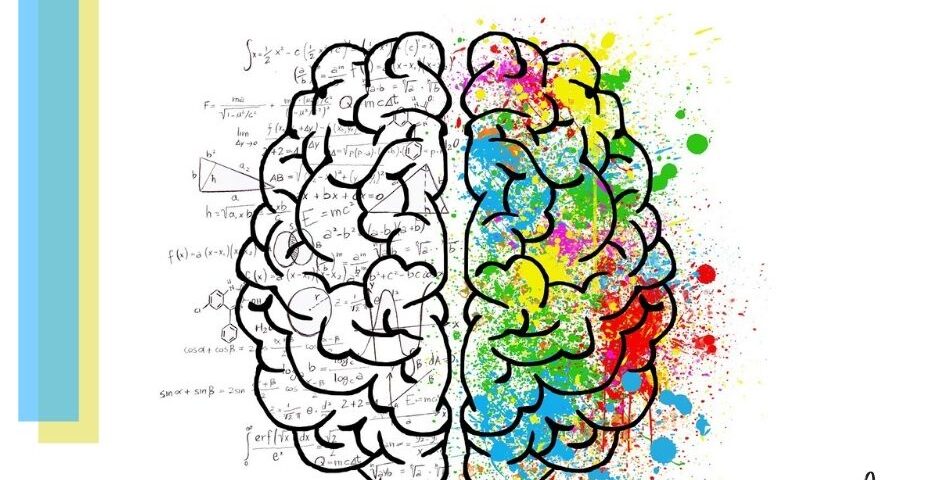
Master your morning = Master your life
November 13, 20205 Beliefs that will change your mindset and the quality of your life!
January 12, 2021
Scientists used to think that our brains were hard-wired, born and developed with a physical structure that could never be altered. In decades past, patients with brain damage or traumatic injuries seldom showed improvement, and there was certainly no way to observe the brain’s activity or inner workings.
But dramatic advances in science, healthcare, and research, really just in the last decade, have propelled us to a new understanding of the human mind. We understand more of how it functions, and also what we can do to directly influence its processes.
Far from being hard-wired, your brain is actually malleable, able to change and adapt. This “neuroplasticity” (“neuro” = brain and “plasticity” = changeable) is the key that allows us to literally rewire our brains. Basically, the brain is like a muscle which can be trained and strengthened like any other.
But why would we even want to rewire our brains?
Rewiring your brain helps you:
- Learn a new language
- Change careers or start in a new industry
- Develop new skills
- Adapt to new environment and deal with change
- Form a new mindset
- Break bad habits
- Lose weight
- Get in shape
- Make money
- Feel happier
- Gain confidence
Even more important, rewiring our brains allows us a method to treat addiction, depression, mental illness, and traumatic brain injuries. That field has evolved exponentially in just the last few years, bearing great results for doctors, neuroscientists, psychologists, counselors, and their patients.
But today, we’re talking about re-training your brain for practical uses in your life, like setting goals and getting “unstuck” from negative ruts.
What does “rewiring your brain” mean?
The term “rewire” just means to encourage and promote neuroplasticity (not that you have to open up the hood and get in there with a screwdriver or anything!).
The miraculous aspect of this is the choices we make, activities we pursue, and even our mindset have a significant impact on our neuroplasticity, helping our brains create and strengthen new neuropathways.
We can do that by setting new goals or engaging in healthy habits. Those establish and promote those new pathways, which soon become entrenched as those positive behaviors become habits.
As your brain’s neurons continue to fire in unison with a new habit, experience, or some form of learning, they’ll eventually form a physical connection. “Fire together, wire together” is the geeky-but-true mantra among neuroscientists!
Triggers, addiction, and negative spirals
Reframing your attitude to get gratification or take pleasure from these new goals and pursuits is a key step in the process. However, while the brain can be rewired to adopt positive new habits and changes, it can also easily slip back into established negative pathways.
Therefore, it’s crucial we look for the warning signs and avoid those “triggers.”
Stress is a big one. Research shows that acute or chronic stress alters our brain by entrenching habits, good or bad. So, when we’re faced with serious stressors, we’re more likely to revert to the easiest and most established neuropathway, which is falling back on our habits and familiar ways.
Depression, anxiety, and other emotional strife are more triggers, as the negative thought patterns that ensue can impair or sabotage the brain’s neuroplasticity process.
More triggers that inhibit neuroplasticity:
Emotional triggers: depression, anger, anxiety, exhaustion, loneliness, isolation, stress, and even memories
Social triggers: family, friends, coworkers, cohorts, enablers, and others
Environmental triggers: certain places, sights, sounds, smells, etc.
Escape triggers: drugs, alcohol, violence, abuse, and others
Practical methods to help rewire your brain
Ok, now let’s get down to 10 things you can actually do yourself to encourage neuroplasticity and rewire your brain for positive changes:
1. Performing specific brain-training exercises
Specific training that revolves around problem-solving or other cognitive tests can strengthen positive neuroplasticity. For instance, a study of London taxi drivers found that their hippocampus (a portion of the brain responsible for mental mapping) actually grow larger because they had to memorize every street and detail of the city!
2. Mindful meditation
Meditation has been proven to be one of the most effective ways to strengthen neurological pathways, opening up a whole host of benefits such as improved clarity, focus, less stress, anxiety, or depression, better sleep, and more.
3. Cognitive behavioral therapy
For those who have brain injuries or serious emotional trauma, cognitive therapy conducted by a professional may be necessary to rewire the brain, but it is effective.
4. Learning a new language
Studying a new, non-native language is proven to improve cognitive function by increasing gray matter, as well as white matter. Those two areas of the brain are associated with increasing memory, attention, emotional intelligence, motor skills, and increasing communication and interconnectivity within the brain.
5. Making music
Playing instruments and making music promotes positive brain function and boosts our ability to learn, memory, focus, concentration, and also has been found to slow cognitive decline in seniors. In fact, research shows that musicians have 130% more gray matter in their brains than the average person!
6. Art and creativity
Artistry and the process of creation create new connections in the brain, as well as strengthening existing neural pathways. Art challenges us to see the world from a different perspective, which helps expand subjective interpretation and overall cognitive function.
7. Traveling
As you can imagine, hitting the road to see new countries, cultures, and have new experiences boosts your cognitive flexibility, which offers the same neurological rewiring as art, music, and other creativity.
The great thing about travel is that you don’t actually have to get on an airplane and go somewhere to enjoy the brain benefits. Simply planning an epic trip, researching new parts of the world on YouTube, or even exploring your own city can do the same thing.
8. Playing video games?!
Many of us have scolded our kids that they should put down the video games and go outside to play sports or read a book instead. But studies show that video games (in moderation) actually offer cognitive benefits like problem-solving skills, improve memory, spatial navigation, and other gray matter boosters. But maybe you want to keep this one to yourself and not tell them!
9. Exercising
Getting a good workout in, doing yoga, or just taking a brisk walk not only has plenty of physical benefits, but activates your brain, too. Studies show that exercise (especially aerobic exercise, or cardio) helps grow cognition function with improvements to memory, learning capacity, and even reduces stress, anxiety, and the instance of depression.
10. Socializing
It’s not just a cerebral task that can stimulate our gray matter and form new neuro-connections, but the simple act of being with others. In fact, these social connections foster brain health and decrease the symptoms and seriousness of depression, anxiety, and stress. Social connection is a key component in the quality of both brain functions and mental health!
***
Now that you understand the art of rewiring your brain, I hope you use this to become healthier, happier, and change your life any way you wish!



